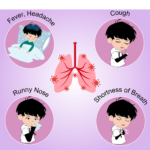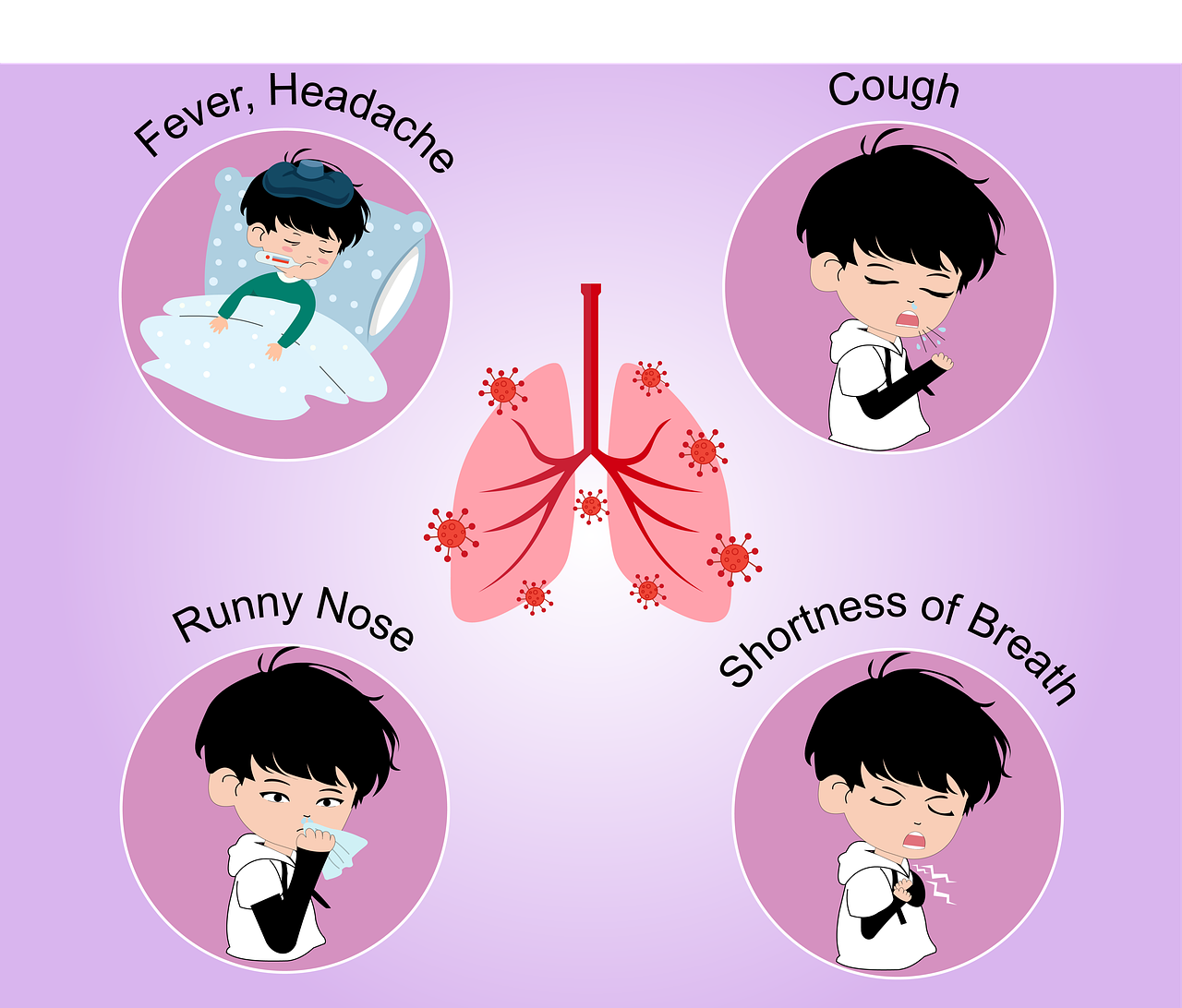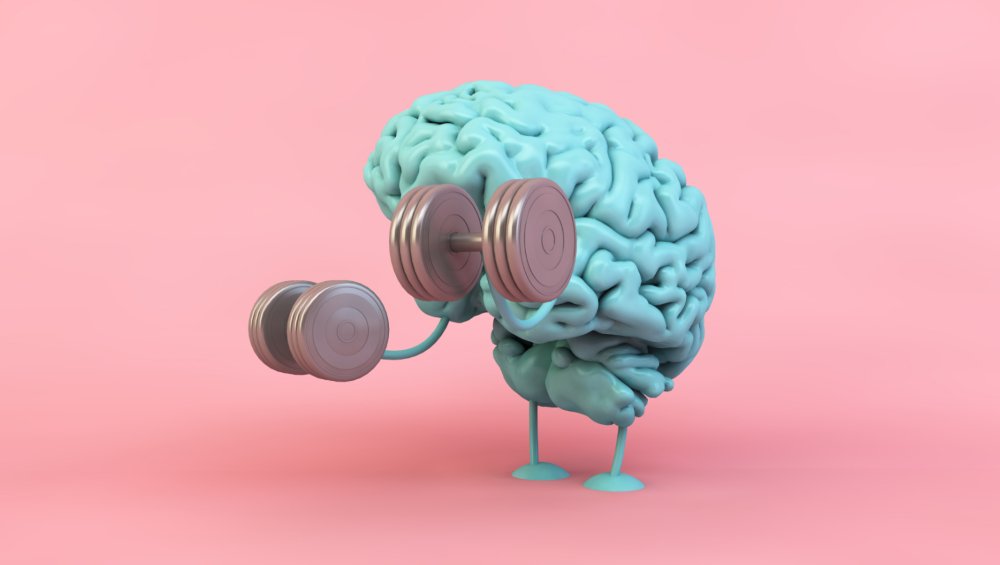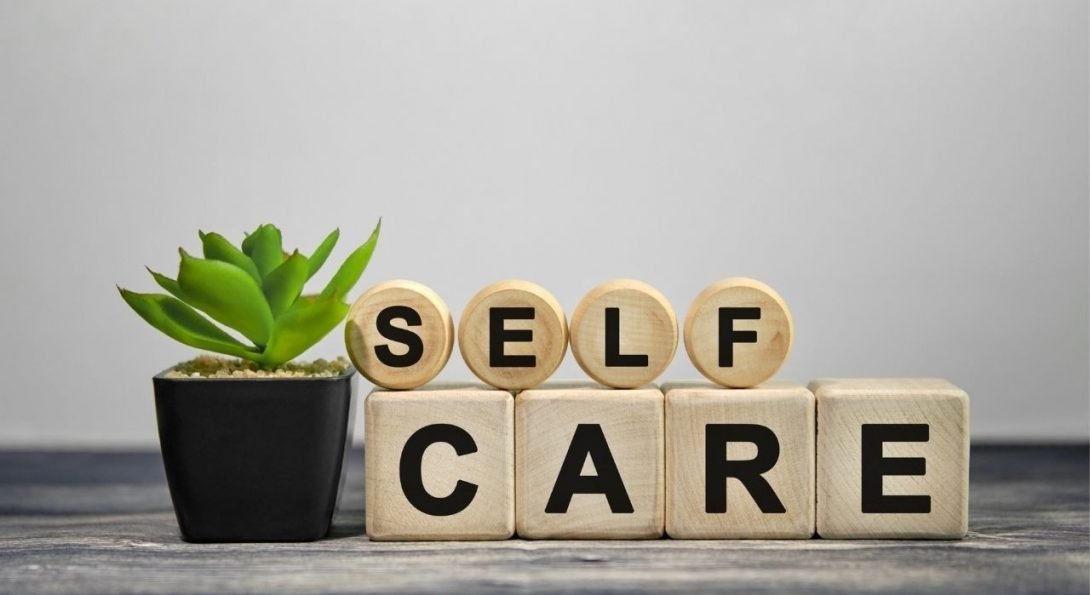There are a lot of ways to be healthier, but it’s easy to get overwhelmed deciding which ones to focus on since there’s so much information available. It’s important to approach health holistically so that you can address all the different aspects that make up good physical and mental health. This article outlines the various steps you can take to become more healthy.
The Health Benefits of Becoming Healthier
The benefits of becoming healthier cannot be overstated. Not only does it mean we can enjoy better physical health and a longer life expectancy, but it also means we are more likely to have increased energy levels, improved moods, better sleep, and a stronger sense of confidence and self-improvement. Becoming healthier also helps us to make healthier lifestyle choices, reduce stress, and manage our relationships better.
Maintaining Good Nutrition
Maintaining a balanced diet is one of the most important steps to becoming healthier. Eating a variety of nutrient-rich, whole foods such as fruits, vegetables, lean proteins, and healthy fats is essential. It is important to limit salt, sugar, saturated fat, and processed foods, as well as alcohol. Eating breakfast can help to kick start your metabolism and set the tone for healthy eating throughout the day. Keeping hydrated is also essential and drinking plenty of water is recommended.
Diet
A healthy diet is the cornerstone of good health, so it’s important to understand what that means. Eating a balanced diet of mostly whole, unprocessed foods is the best way to guarantee you’re consuming the nutrients your body needs. Eating a variety of fruits, vegetables, whole grains, lean proteins, and healthy fats is a great place to start. It’s also important to be mindful of portion sizes and to listen to your body’s natural cues. Tuning into when you are hungry and when you are full can help you eat only what’s necessary for your body to stay energized and healthy.
Movement
Physical activity is one of the easiest ways to stay healthy and build your overall fitness level. Getting in at least 30 minutes of moderate to vigorous activity a day can help keep your body strong and your cardiovascular system healthy. Stick to activities that you actually enjoy – it’s easier to stay motivated and consistent when you’re doing something you actually like. That can be walking, running, swimming, dancing, or anything else that you find fun.
Sleep
Without adequate sleep, you’ll find it hard to concentrate, your immune system will struggle, and you’ll be more likely to get sick. Aim for 7-9 hours of sleep per night by setting up an effective sleep schedule. Create a bedtime routine and stick to it as much as possible. Turn off electronics about an hour before bed and try a relaxing practice like yoga or reading to wind down for the night.
Self-Care
Your physical and mental health needs to be taken care of, and that means establishing an effective self-care routine. A well-rounded self-care routine should include activities like developing relationships with friends and family, learning to set healthy boundaries, practicing mindfulness techniques, and taking time out each day to do something that brings you joy. Self-care is important for managing stress and feeling happier in general.
Creating Healthy Habits
Creating healthy habits is key to achieving optimal health. It is important to replace unhealthy habits, such as smoking or drinking alcohol in excess, with healthy habits such as eating a balanced diet and exercising regularly. The key is to start small and make small changes over time until they become habits.
Stress Management
Stress is the body’s natural response to change or perceived threats, and it can manifest in both physical and mental ways. Long-term, unmanaged stress can take a toll on your physical and mental health, so it’s important to create a stress management plan. The key to this is learning to recognize what triggers your stress and then establishing techniques like positive self-talk and deep breathing to bring your body out of the “fight or flight” response.
Conclusion:
Being healthy is all about a holistic approach focused on diet, movement, sleep, self-care, and stress management. Put together a plan and sequence of actions that you can follow each day and soon you’ll feel the difference that taking better care of yourself can make. A healthy, balanced lifestyle isn’t just about being physically active and eating the appropriate food groups. It’s also about giving yourself the self-care that you need and recognizing when your body needs rest.










